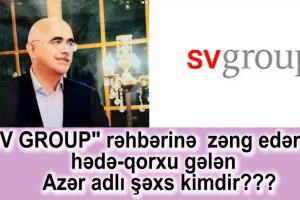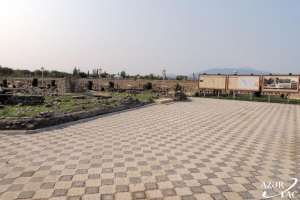


The United States will not participate in the global treaty on migration, which will be adopted in 2018, as it does not meet the interests of the country, according to the US Permanent Mission to the United Nations.
"Today, the U.S. Mission to the United Nations informed the UN Secretary-General that the United States is ending its participation in the Global Compact on Migration," the statement said.
According to the Mission, US participation in the process began in 2016, after the Obama Administration has decided to join the UN’s New York Declaration on migration. "The New York Declaration contains numerous provisions that are inconsistent with U.S. immigration and refugee policies and the Trump Administration’s immigration principles. As a result, President Trump determined that the United States would end its participation in the Compact process that aims to reach international consensus at the UN in 2018," the statement said.
America is proud of our immigrant heritage and our long-standing moral leadership in providing support to migrant and refugee populations across the globe. No country has done more than the United States, and our generosity will continue. But our decisions on immigration policies must always be made by Americans and Americans alone. We will decide how best to control our borders and who will be allowed to enter our country. The global approach in the New York Declaration is simply not compatible with U.S. sovereignty," Ambassador Nikki Haley, U.S. Permanent Representative to the United Nations commented on the decision.
The UN secretariat has not yet commented on the news. Earlier this year, the US announced the withdrawal from the Paris agreement on climate - an international treaty aimed at preventing the negative effects of global warming.
In adopting the New York Declaration for Refugees and Migrants, the 193 UN Member States recognized the need for a comprehensive approach to human mobility and enhanced cooperation at the global level and committed to protect the safety, dignity and human rights and fundamental freedoms of all migrants, regardless of their migratory status, and at all times; support countries rescuing, receiving and hosting large numbers of refugees and migrants.
The Declaration also aims to integrate migrants - addressing their needs and capacities as well as those of receiving communities - in humanitarian and development assistance frameworks and planning; combat xenophobia, racism and discrimination towards all migrants; develop, through a state-led process, non-binding principles and voluntary guidelines on the treatment of migrants in vulnerable situations; and strengthen global governance of migration, including by bringing IOM into the UN family and through the development of a global compact for safe, orderly and regular migration.
The Declaration also started a process of intergovernmental consultations and negotiations culminating in the planned adoption of the global compact for migration at an intergovernmental conference on international migration in 2018.














